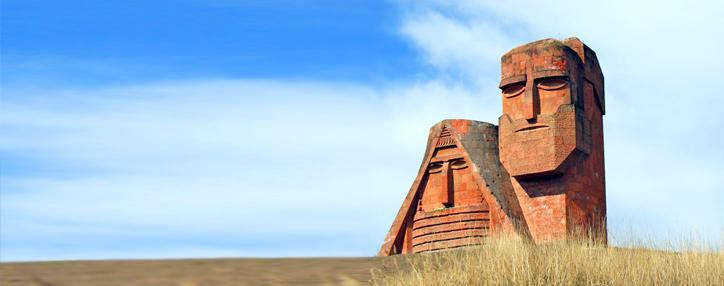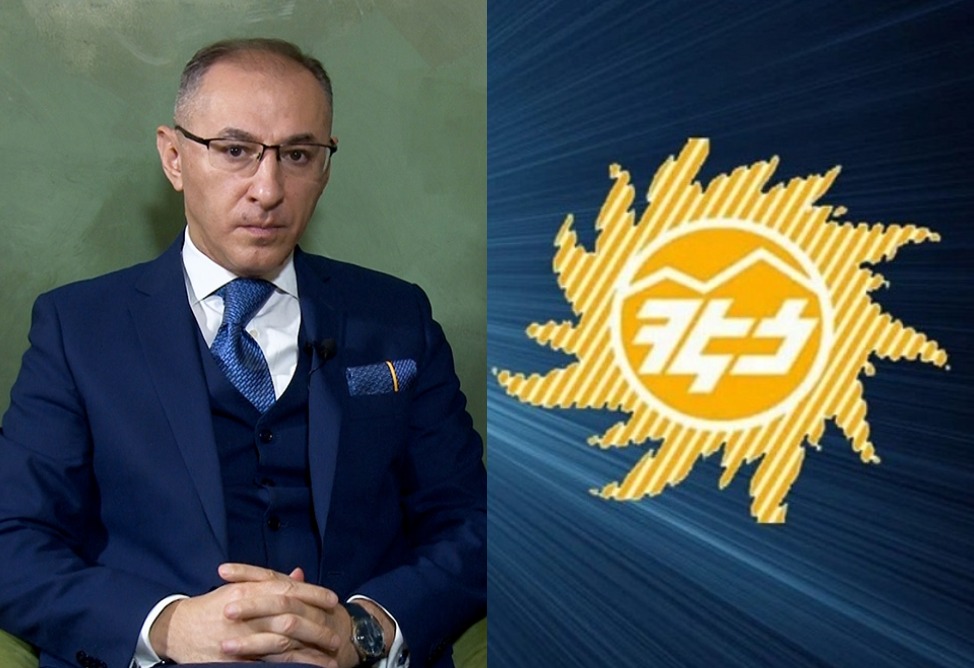De Waal: Azerbaijan interested in resumption of Karabakh conflict, but fears this would be fraught with risks
02.07.2013,
18:43
Azerbaijan is getting increasingly interested in changing the status quo and resuming the Karabakh conflict, but fears this would be fraught with risks, Thomas de Waal, a senior analyst at the Carnegie Endowment, was quoted by Novosti-Armenia as saying at the presentation of the edited publication of his book “Black Garden: Armenia and Azerbaijan through Peace and War” in Yerevan.

YEREVAN, July 2. /ARKA/. Azerbaijan is getting increasingly interested in changing the status quo and resuming the Karabakh conflict, but fears this would be fraught with risks, Thomas de Waal, a senior analyst at the Carnegie Endowment, was quoted by Novosti-Armenia as saying at the presentation of the edited publication of his book “Black Garden: Armenia and Azerbaijan through Peace and War” in Yerevan.
He told journalists that the wealth Azerbaijan has accumulated over the last decade may be lost within a week, if its military operation to retake Nagorno Karabakh goes wrong.
De Waal added that rationally thinking none of the conflicting sides is interested in resumption of war and it is unlikely to resume, but there are still certain risks, which are growing from year to year.
There is a danger of the Azerbaijani leadership trying to play a military card in the event of a domestic or external crisis, he said.
The expert remembered that nobody wanted a war in South Ossetia in 2008 as well.
He said there is a stupidity factor – sides may miscalculate the opposite side’s reaction, or a clash on the line of contact may escalate the tension.
The analyst also said that the Karabakh problem is a part of Azerbaijan’s political discourse, but is not its key topic, though young people are more aggressive toward Armenians than the older generation.
He said he didn’t think Azerbaijanis are exited by anticipation of a new war.
Karabakh conflict broke out in 1988, when Karabakh, mainly populated by Armenians, declared its independence from Azerbaijan.
On December 10, 1991, a few days after the collapse of the Soviet Union, a referendum took place in Nagorno-Karabakh, and the majority of the population (99.89%) voted for secession from Azerbaijan.
Afterwards, large-scale military operations began. As a result, Azerbaijan lost control over Nagorno-Karabakh and the seven regions adjacent to it.
Some 30,000 people were killed in this war and about one million people fled their homes.
On May 12, 1994, the Bishkek cease-fire agreement put an end to the military operations.
Since 1992, talks brokered by OSCE Minsk Group are being held over peaceful settlement of the conflict. The group is co-chaired by USA, Russia and France. -0---



